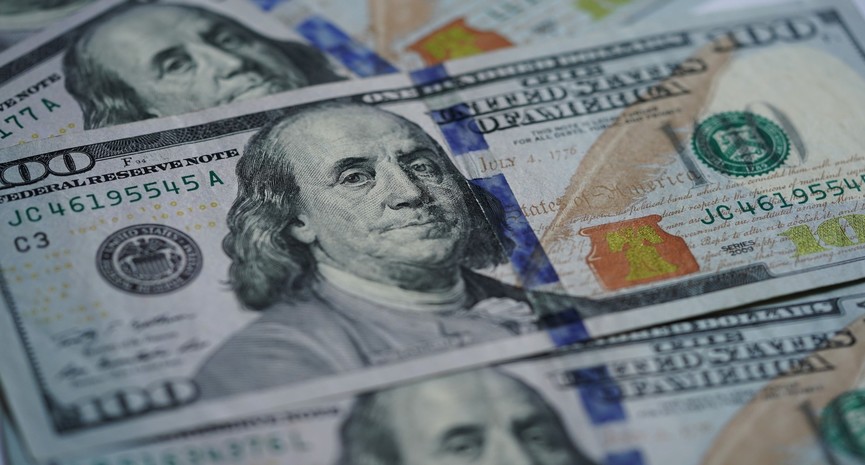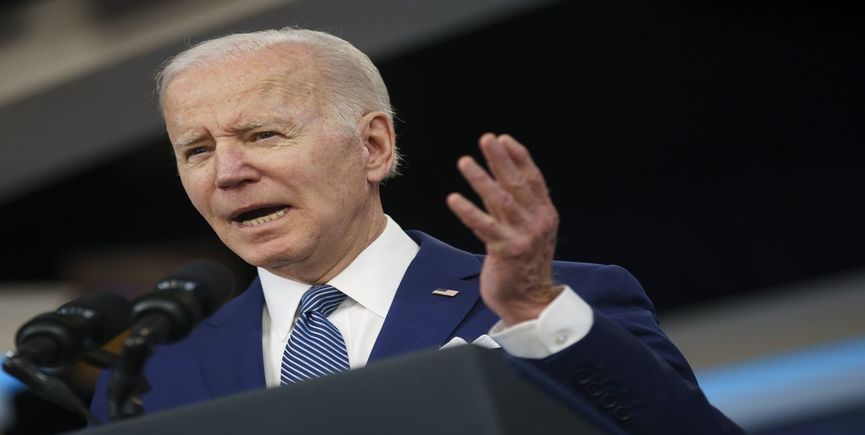
- October 09, 2021
The rise of cryptocurrencies could challenge the dominance of the US dollar.
- The Federal Reserve has warned that the increasing use of cryptocurrencies could threaten the dollar's dominance.
- However, according to the research paper Fed economists said it is unlikely this alone is unlikely to "completely offset" the dollar's standing.
- The research is being released as the Federal Reserve prepares to release a second, highly anticipated report on CBDCs.
The US dollar's leading role in global markets should continue, but the rapid ascent of cryptocurrencies could jeopardise that status, according to a new research from the Federal Reserve,
In their article, "The International Role of the US Currency," Fed economists Carol Bertaut, Bastian von Beschwitz, and Stephanie Curcuru argue that private digital currencies, such as bitcoin and ether, as well as government-backed ones, may lessen reliance on the US dollar.
They noted changing customer and investor preferences, as well as new products that could affect the perceived cost-benefit balance.
"However, it is doubtful that technology alone will be able to completely overcome the long-term causes of the dollar's dominance," the research said.
The study paper comes as the Federal Reserve prepares to release a second, highly anticipated assessment on whether the United States should launch its own digital currency.
Key Fed officials, on the other hand, are at odds. While Fed Chair Jerome Powell has expressed interest in CBDCs, others in the Federal Reserve, such as Vice Chair Randal Quarles, have been more cautious.
While popular interest in a digital currency has reached a "fever pitch," Quarles noted in July that the US dollar is already heavily digitised, which he claimed "serves the nation and the economy well."
Aside from digital currencies, the Fed economists' research paper identified two other near-term risks that could undermine the US dollar's international status.
One is Europe's further integration, which they described as "a huge economy with strong institutions and free commerce." The economists cited the European Union's decision to issue a jointly-backed debt at the height of the pandemic as an example.
"If fiscal integration progresses and a big, liquid market for EU bonds emerges," they concluded, "the euro could become more desirable as a reserve currency." "Improving the EU's sovereign debt market infrastructure and introducing a digital euro might potentially accelerate this integration."
Another significant concern is the accelerating growth of China, a nation whose GDP is expected to surpass the United States' in nominal terms by 2023, according to the economists. , the economists said.
Nonetheless, they believe the US dollar will remain to be attractive.
"Unless there are significant political or economic changes that devalue the US dollar as a store of value or medium of exchange, the dollar will likely remain the world's primary international currency for the foreseeable future," they concluded.



















